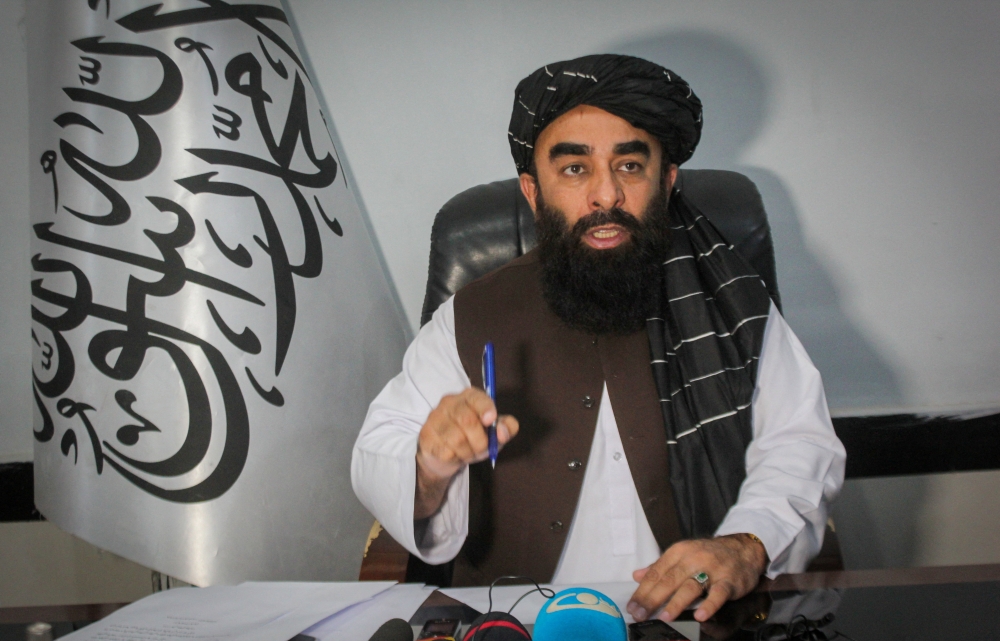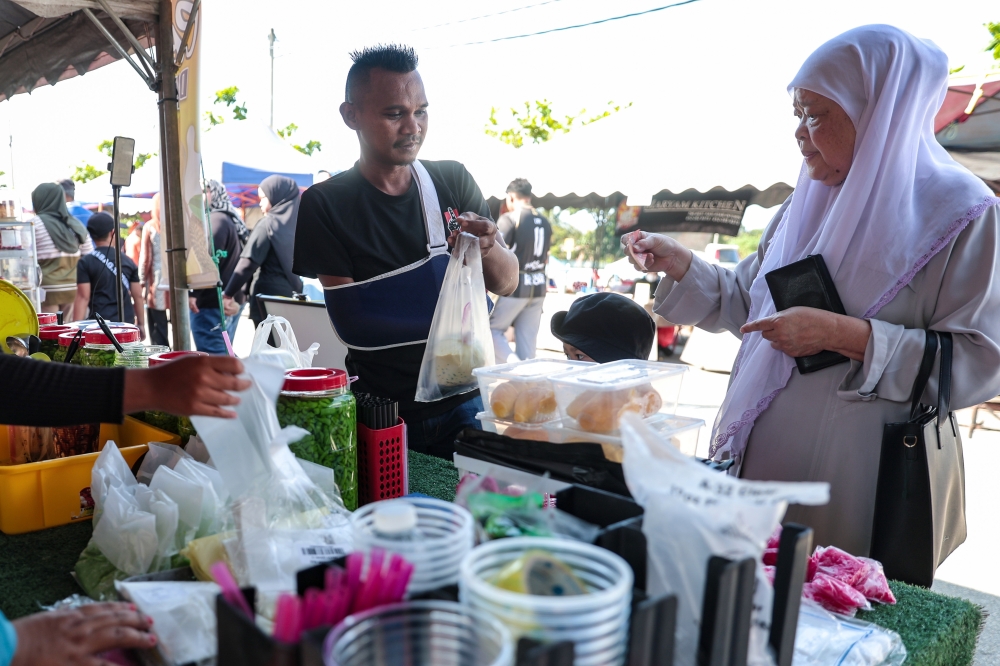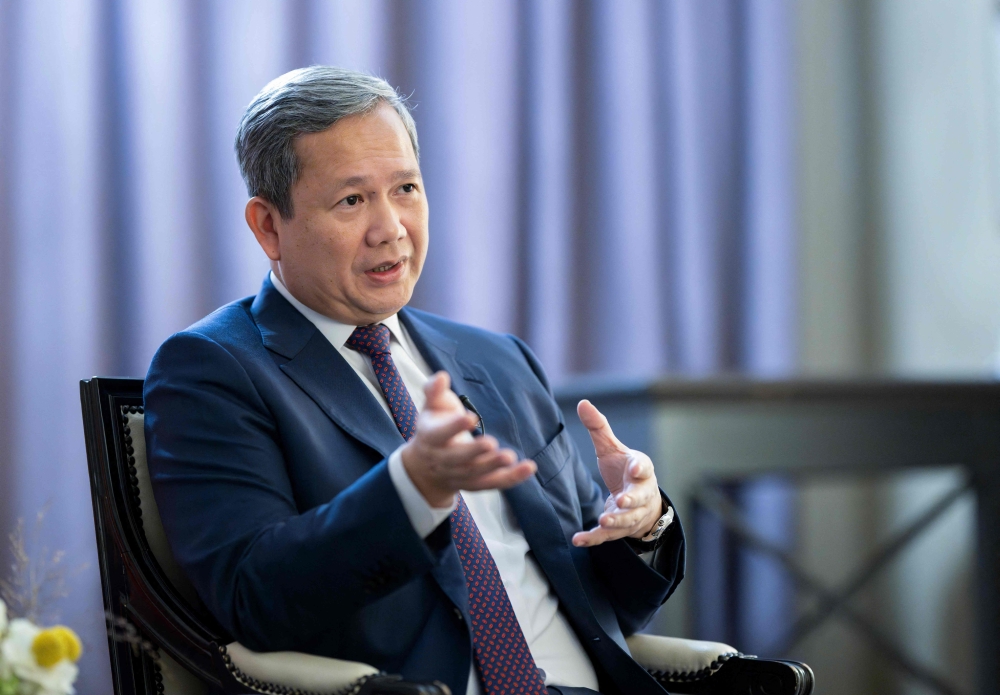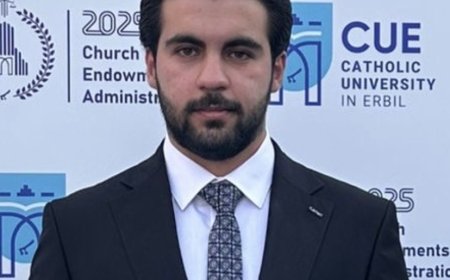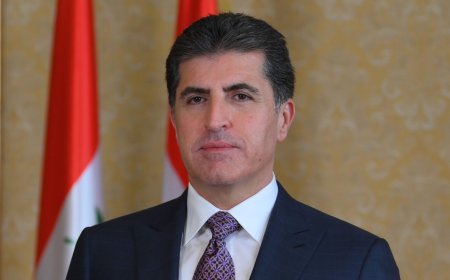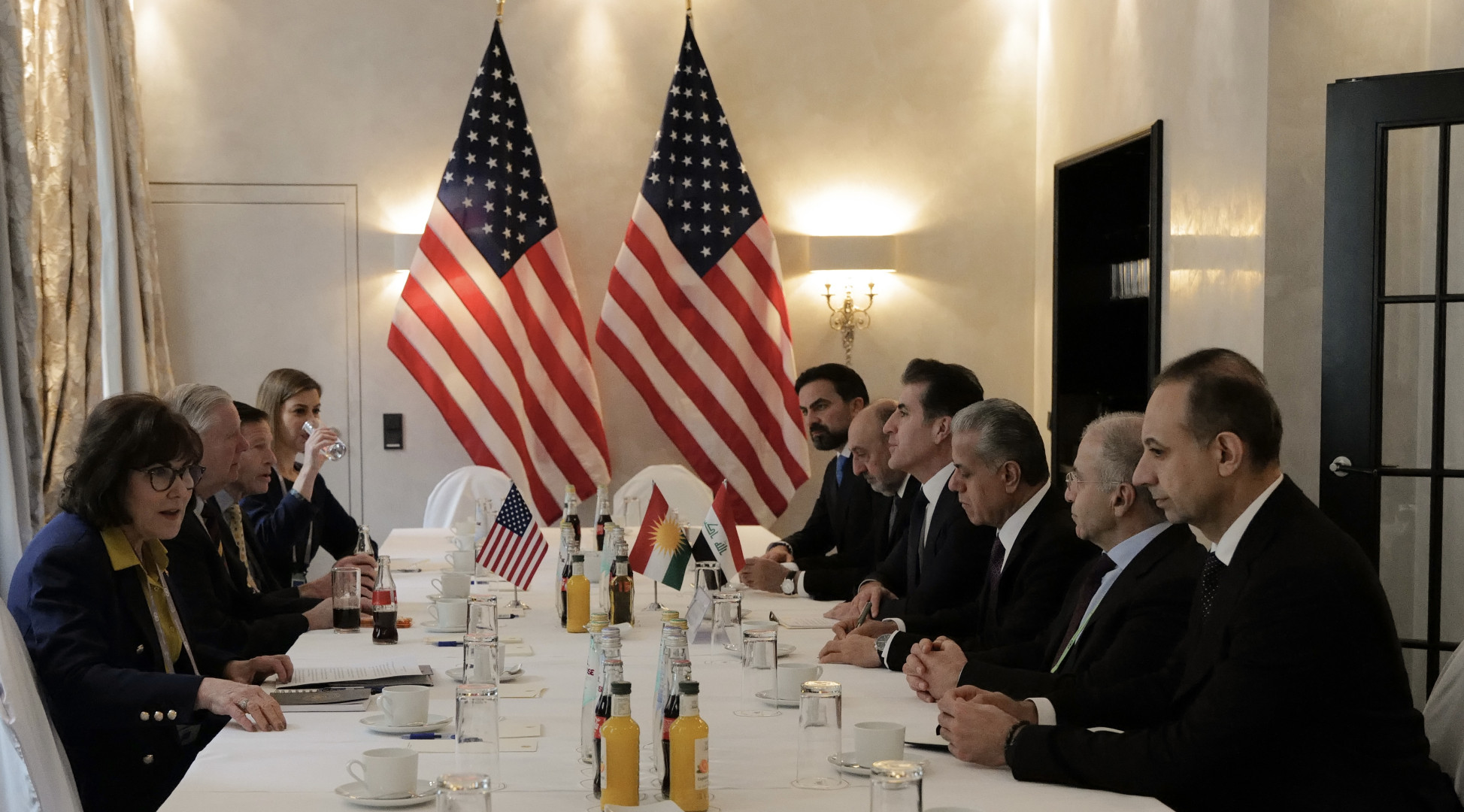President Nechirvan Barzani receives UK ambassador in Erbil

Kurdistan Region President Nechirvan Barzani on Monday received the British Ambassador to Baghdad Irfan Siddiq in Erbil, discussing a range of issues.
The meeting “focused on relations between the United Kingdom, Iraq, and the Kurdistan Region across various sectors, as well as the overall situation in Iraq and the Kurdistan Region and the status of Erbil-Baghdad relations,” the Kurdistan Region Presidency said in a statement.
The meeting also addressed views on the formation of Kurdistan Region’s next cabinet and the upcoming Iraqi parliamentary elections, scheduled for November 11.
Regarding President Barzani’s recent visit to Turkey, Ambassador Siddiq praised the efforts by President Barzani to reopen Turkey’s airspace for flights to/from Sulaimani International Airport. Ankara imposed a flight ban on the airport in April 2023 due to the alleged activities of the Kurdistan Workers’ Party (PKK) there.
Last week, Turkish President Recep Tayyip Erdogan agreed to lift the flight ban on the airport at the request of Kurdistan Region President Nechirvan Barzani during his visit to Ankara.
The UK played a pivotal role in training the Kurdish Peshmerga during the 2014 war against the Islamic State (ISIS) and continues to be part of a global coalition working on significant reforms within the Peshmerga ministry.
Currently, up to 1,400 British troops are stationed in the Kurdistan Region and Iraq, providing military assistance and advisory to both the Kurdish Peshmerga and Iraqi security forces.
In 1991, former British premier Sir John Major played a key role in establishing a no-fly zone in northern Iraq, which provided a safe haven for Kurds from the Baathist regime and helped facilitate their autonomy. In recognition of his contribution, an Erbil street was named after him in April 2021.
The United Kingdom maintains strong military and security relations with Iraq and signed a Strategic Partnership in 2021 to enhance cooperation in various sectors, including the economy, education, and culture.
[Source: Rûdaw English]


